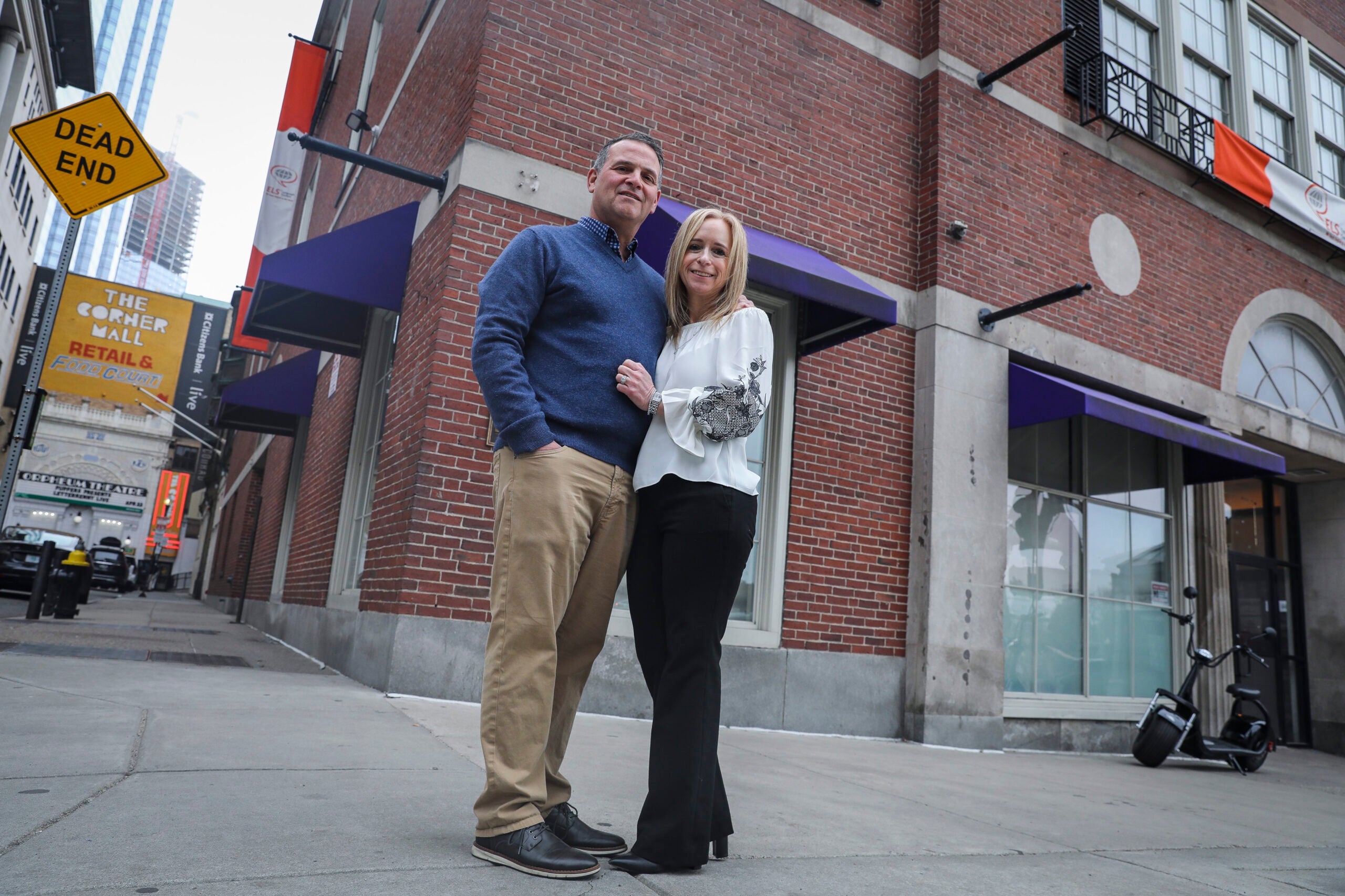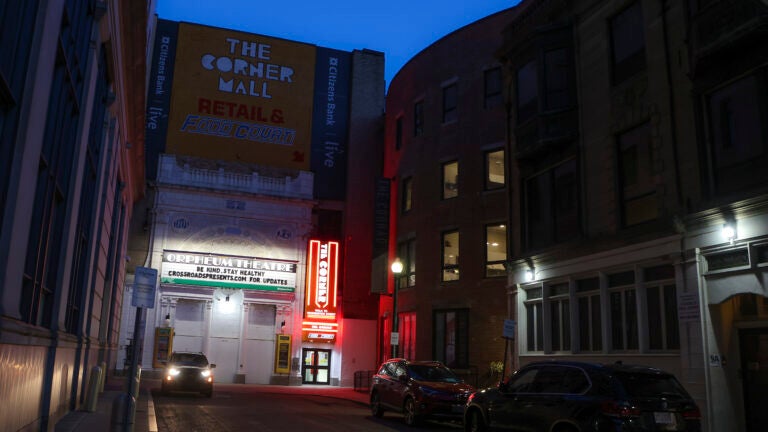Local News
A Land Court judge rejected a request last week from Orpheum Theatre to exclusively use Hamilton Place, a dead-end private way off Tremont Street.
A downtown Boston theater won’t get to exclusively use an alley over a neighboring construction of a Holocaust museum because the team on the ground is effectively handling the dispute, a judge found.
Land Court Judge Kevin Smith rejected a request last week from Orpheum Theatre, operated by Crossroads Presents, to exclusively use Hamilton Place — a dead-end private way off Tremont Street — during certain time periods on days of their live shows.
The request was a preliminary injunction, a court order part of a suit filed in early September. The judge decided the injunction was unnecessary while the litigation continues.
Orpheum, Boston’s oldest continually operating theater, uses Hamilton as its sole entrance and exit for artists, guests, tour buses, and trailers with performers’ equipment. It’s “critical to the survival” of its business, the theater told the judge.
Smith wrote that that doesn’t mean the theater has exclusive rights to the alley, which the Holocaust Legacy Foundation is also partially using while it constructs a new Holocaust museum at 125 Tremont St. The museum, which will be Boston’s first museum dedicated to the genocide, is expected to open in 2026.
“They both can achieve their desired goals without the court’s imposition of an injunction that would undoubtedly be inadequate to coordinate the day-to-day operations of a major construction project with the running of a storied live music venue,” he wrote.
Crossroads alleges that the foundation has “threatened” to block the theater’s use of the alley, which would force the venue to cancel shows, according to court records. While they don’t own the way, Crossroads argues that it has a right to after more than 20 years of use, which is codified in Massachusetts law.
The Foundation does own part of Hamilton, while an uninvolved party owns the rest.
The Foundation said the injunction was unnecessary because “it has cooperated with Crossroads’ use of the way in the past and will continue to do so on days or evenings when Crossroads hosts events in the future.”
That is true, according to Smith. Orpheum’s first two shows of the season “went off without a hitch because of the cooperation between employees of the Orpheum Theatre and employees of the Foundation’s contractor,” according to the judge’s opinion.
Jody Kipnis, the Holocaust Legacy Foundation’s president and CEO, told Boston.com previously that the complaint was “unexpected.” She said the Foundation is planning to provide open access to Orpheum for shows.
“We’re pleased the Court sided with the Foundation and look forward to working together with Crossroads to arrange for the continued cooperative use of Hamilton Place,” Kipnis told Boston.com Wednesday. “The Foundation and Crossroads have already been in contact to continue that discussion.”
A lawyer for Crossroads did not respond to a request for comment.

Boston.com Today
Sign up to receive the latest headlines in your inbox each morning.
